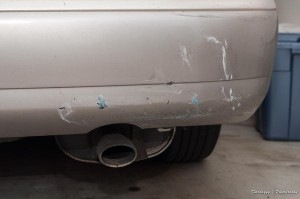 What would be your first words to your daughter if …
What would be your first words to your daughter if …
… she lost the new smartphone that you just bought for her?
… she caused a fender-bender?
… she got a ticket for texting while driving?
… she was caught skipping school to hang out with her boyfriend?
What would your first thoughts be? What would your first actual words be to her? Would they be comforting words, or words of anger and judgment?
 Throughout history there is tons of anecdotal evidence to suggest that our daughters do not feel they can communicate with their fathers. They are afraid of what their father may say or do. They wonder; Will he get red-faced and blow up? Have they observed their father respond in less than positive ways when their mother puts a dent in the car while pulling into the garage?
Throughout history there is tons of anecdotal evidence to suggest that our daughters do not feel they can communicate with their fathers. They are afraid of what their father may say or do. They wonder; Will he get red-faced and blow up? Have they observed their father respond in less than positive ways when their mother puts a dent in the car while pulling into the garage?
Stay with me here. I am not suggesting that as fathers we should relax our values or our standards. And car repairs are not cheap. (That is why we have car insurance, right?) But sometimes the greater good is to be a comforting and consoling father to a daughter who is hurting – even if it is because of her own poor choices.
So, Mr. Tough Guy, how do we do that? How do we demonstrate comfort and compassion?
Click here to read the rest of the article »











